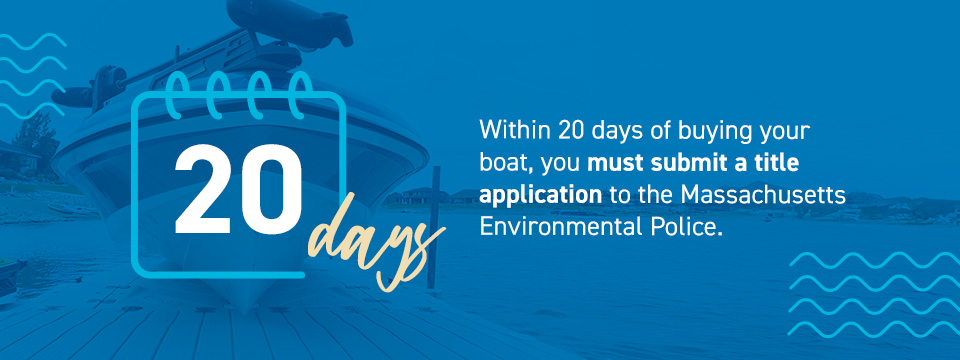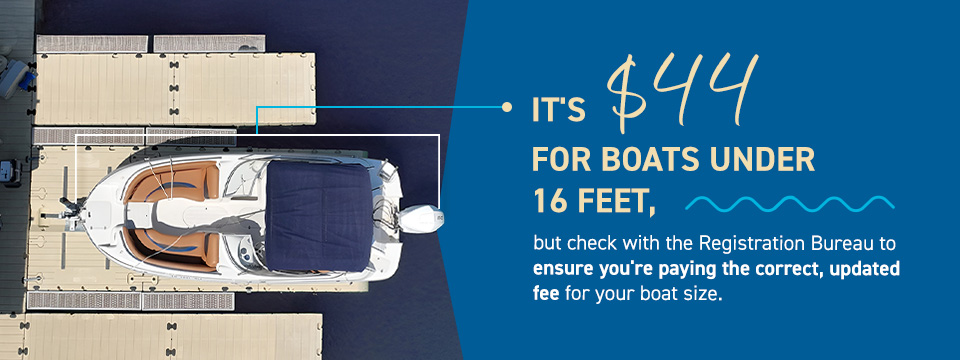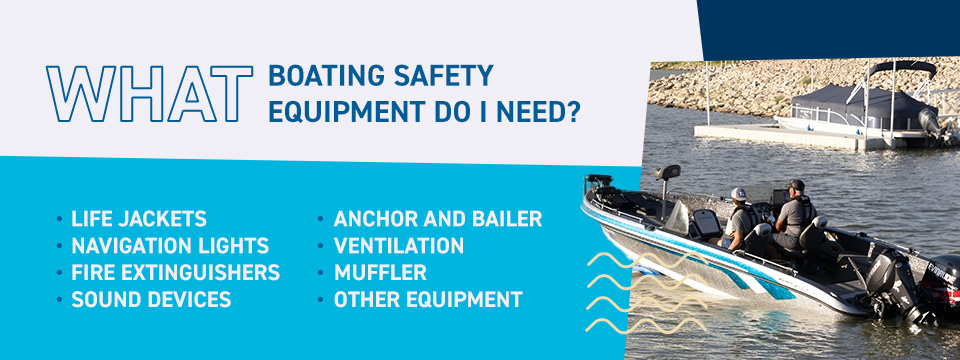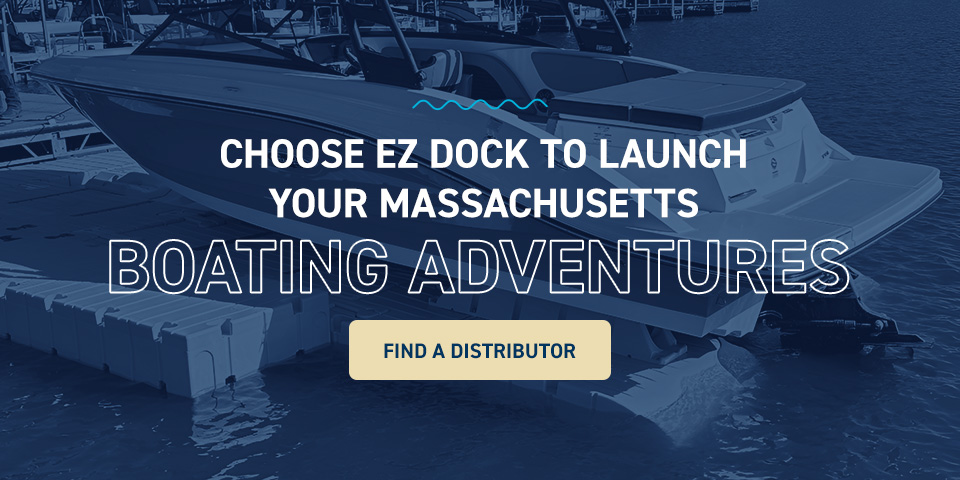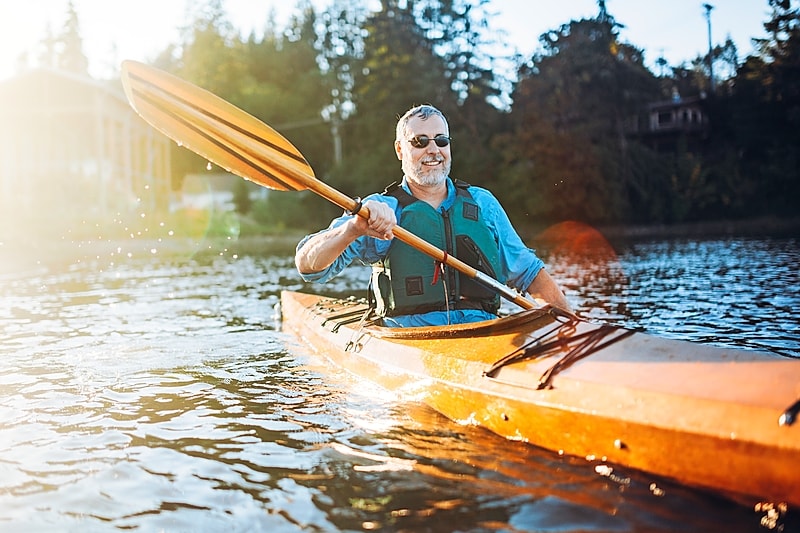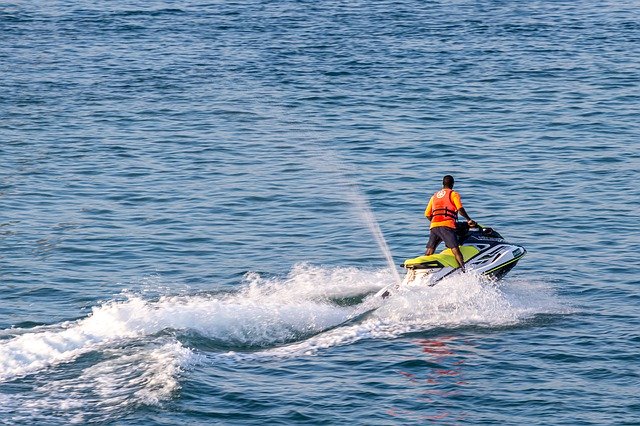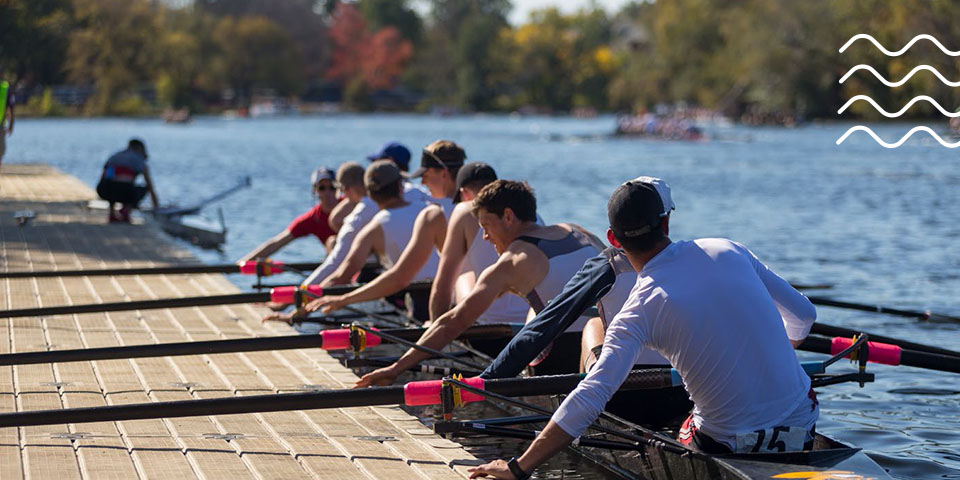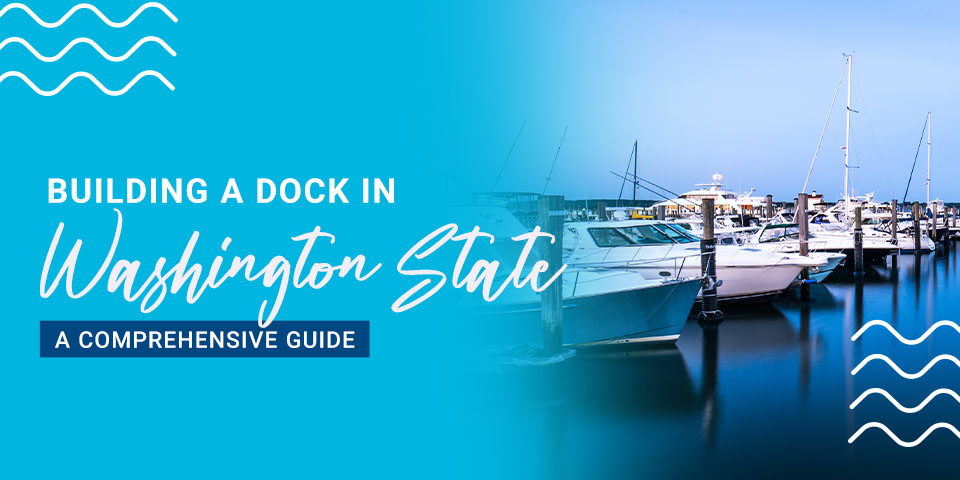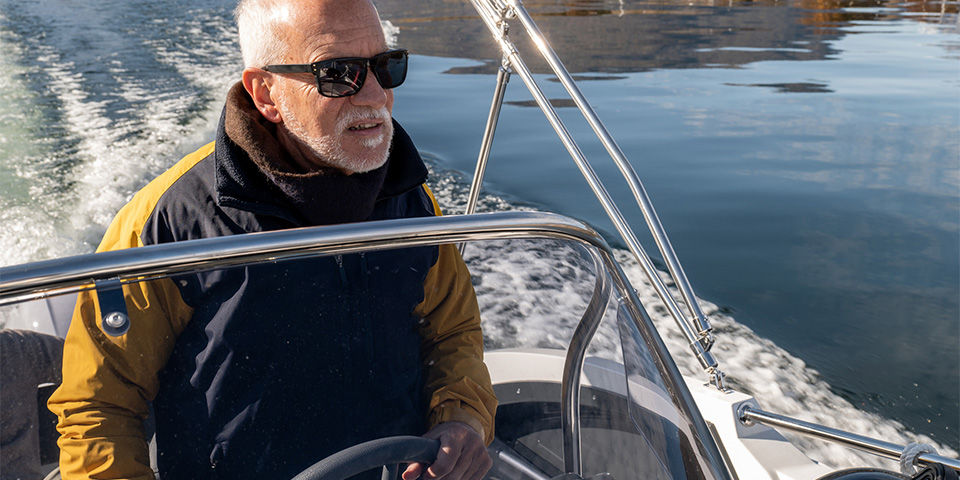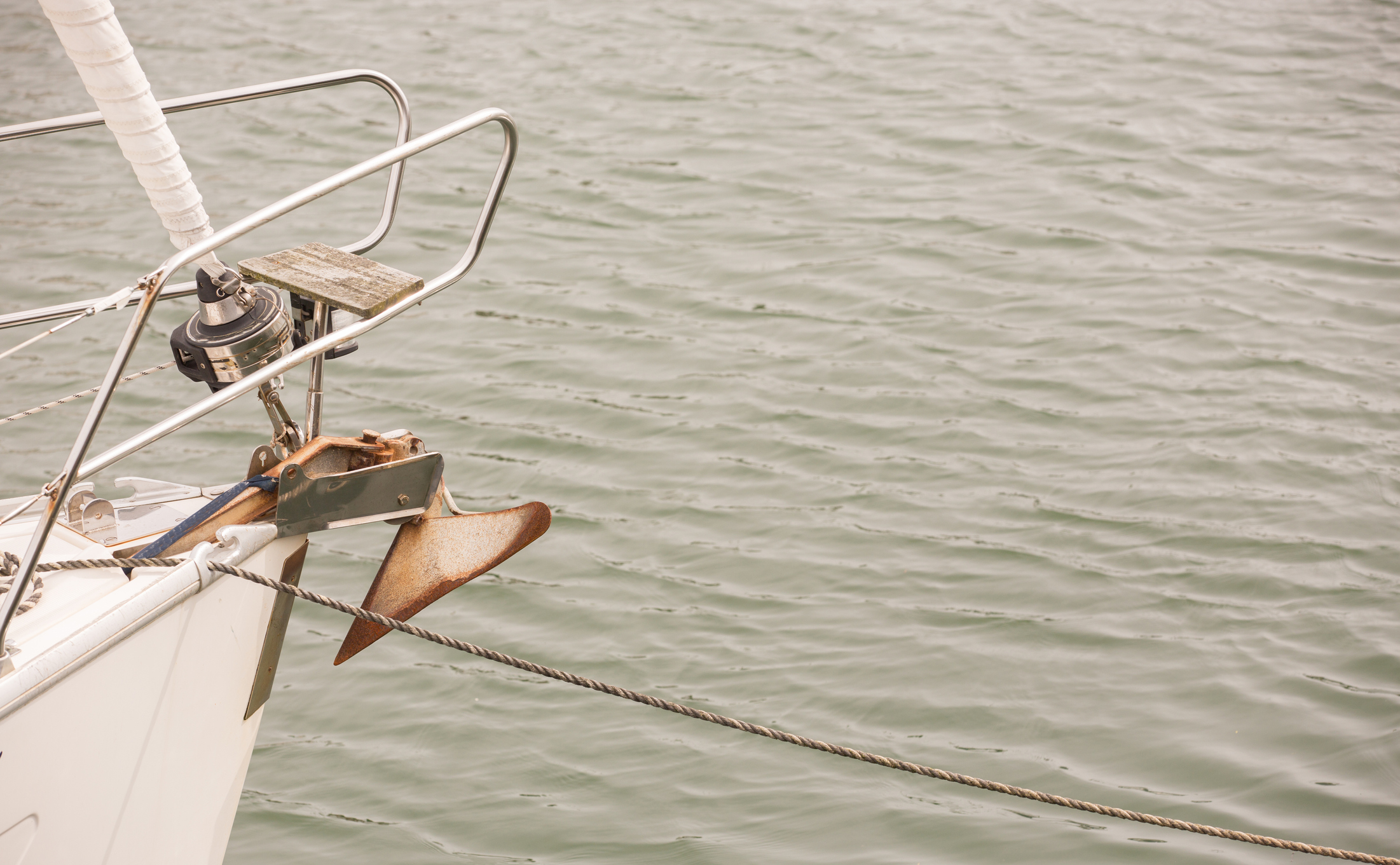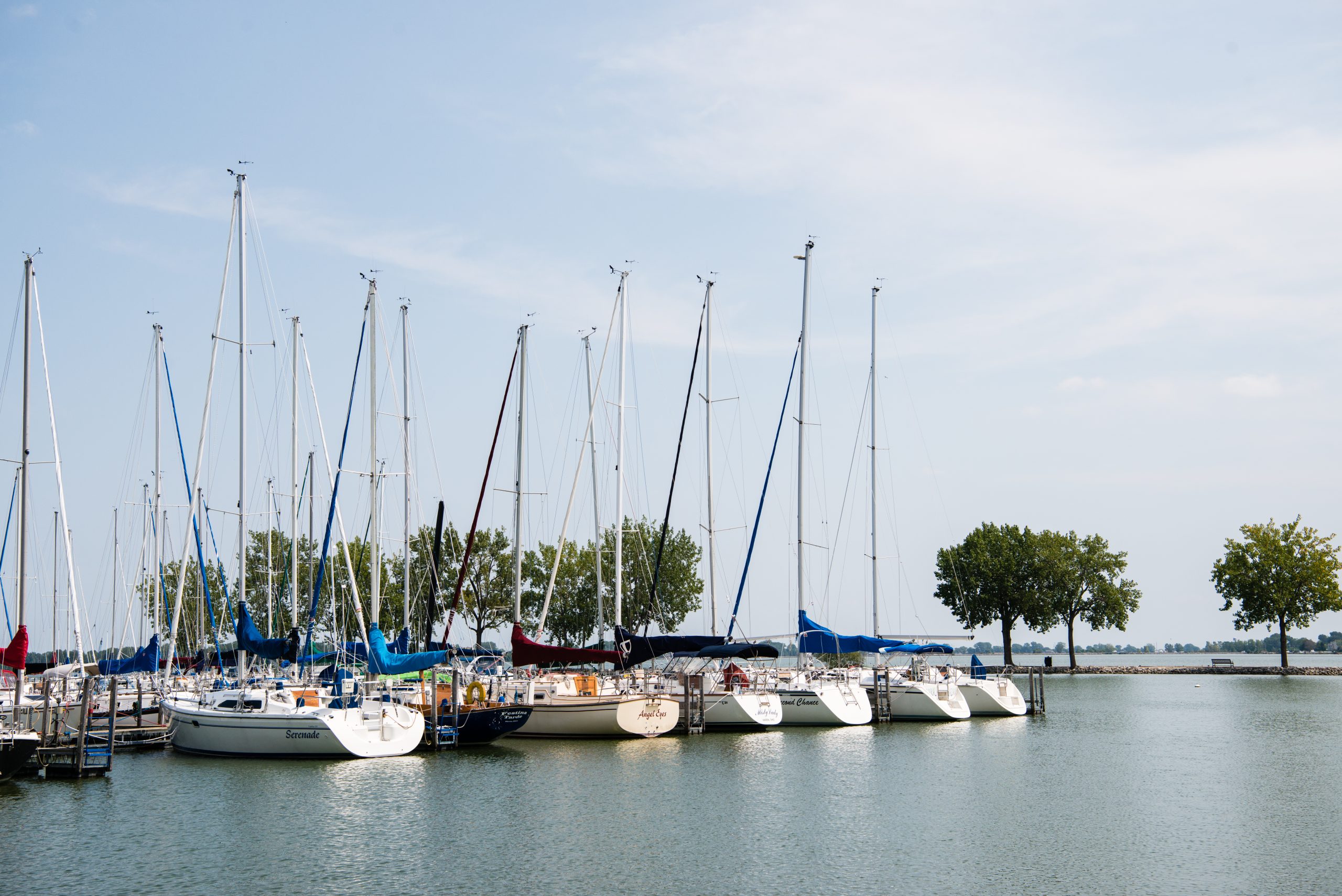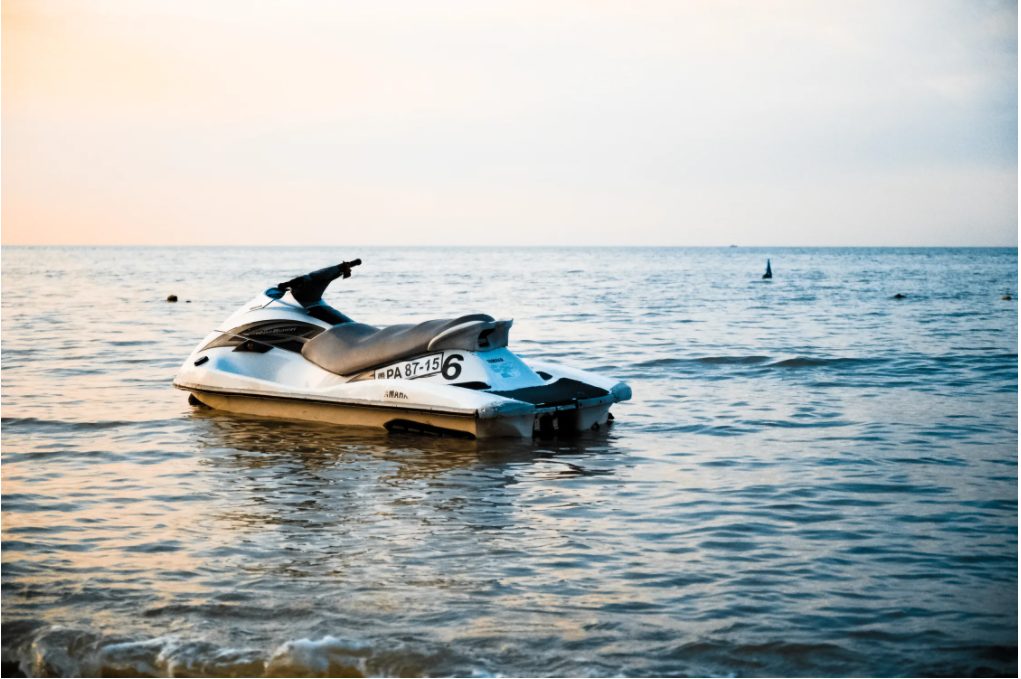Filters
Navigating Massachusetts Boating Regulations
With over 3,000 lakes, thousands of miles of rivers and a 1,500-mile coastline, the Bay State invites you to embrace boating adventures. To keep Massachusetts’ waters safe for everyone, the state has regulations that boaters must know and follow. These include education, licensing and safety requirements. If you need help understanding the essential regulations and best practices for boating in Massachusetts, this guide is just the launch point you’re looking for.
Do I Need a Boating License in Massachusetts?
No, you don’t need a boating license in Massachusetts. But if you want to operate a motorboat, there are age restrictions and education requirements:
- Children under 12: Nobody under 12 may operate a motorboat in Massachusetts without direct, competent adult supervision. For personal watercraft (PWC), only people aged 16 or older may operate them, with no exceptions.
- Youth aged 12-15: Young people aged 12-16 may operate a motorboat other than a PWC without adult supervision if they get a state boating safety certificate by completing an approved basic boating course. Approved courses are available in person and online and only require a few study hours, making the certification process very convenient. People of all ages can benefit from this certification, as it teaches vital boating safety information.
- Teenagers aged 16 or 17: Teens aged 16 or 17 may operate a PWC, but only if they have earned a state boating safety certificate. State law does not require 16- and 17-year-olds to have boating safety certificates for motorboats other than PWC, but taking the course anyway is a good idea.
- Adults aged 18 or older: In Massachusetts, people aged 18 or older may operate motorboats and PWCs. State law does not require adults to have a boating safety certificate, but taking the course is highly recommended.
Must I Register and Title My Boat in Massachusetts?
Yes, any boat powered by an engine or machinery requires numbering, titling and registration according to Massachusetts boating regulations. If you’re buying a second-hand boat, make sure you get the current registration, bill of sale and title documents.
Numbering Your Boat
Every powered boat in Massachusetts needs a unique, 12-digit Hull Identification Number (HIN). Your boat probably already has one, but if it doesn’t, you need to get one before you can title, register and operate your boat. To get a HIN, contact the Massachusetts Environmental Police to arrange a vessel inspection. If your boat passes the inspection, you’ll get an inspection certificate to present at registration. Then, when you register your boat, you’ll receive a HIN to apply to your boat before getting your registration card and decal.
Titling Your Boat
All boats 14 feet or longer that use a motor require titling. You can only claim an exception to this requirement if you’ve already titled your boat in another state and are using it in Massachusetts for 60 consecutive days or fewer, or if your boat is federally documented or government-owned.
Within 20 days of buying your boat, you must submit a title application to the Massachusetts Environmental Police. Once you get a title certificate, it’s valid for as long as you own the boat. Anyone buying a second-hand boat must apply to transfer the title.
You can apply for a new title or transfer a title by applying at any of the registration offices in Massachusetts. This will require:
- A pencil tracing of the boat’s HIN
- Proof of ownership
- A bill of sale
- Proof of payment of the state sales tax
- The relevant titling and registration fees
A manufacturer’s statement of origin (MSO) is necessary as proof of ownership for new boats. For second-hand boats, you can present an MSO or the former owner’s latest title or registration. The fee for a new or transferred title certificate is $27.50.
Registering Your Boat
You need a Massachusetts certificate of number, which serves as your boat registration, unless your boat meets one of the following requirements:
- Nonmotorized
- Registered in another state and you are only using Massachusetts waters for 60 or fewer consecutive days
- Documented with the United States Coast Guard (USCG)
You can register your boat through any of the registration offices in Massachusetts. You’ll need:
- A pencil tracing of the boat’s HIN
- An MSO if the boat is brand-new
- A bill of sale
- Proof of payment of the state sales tax
- The relevant fee
- A completed registration application
The registration fee depends on your boat’s size. It’s $44 for boats under 16 feet, but check with the Registration Bureau to ensure you’re paying the correct, updated fee for your boat size.
After registration, always keep your certificate of number on board and ready to show to any law enforcement officer who asks to see it. The certificate of number is valid for two years before you must renew it.
When you get your certificate of number, you’ll also get a registration number and validation decal. You must apply your registration number to the front of both sides of your boat and your validation decal following your registration number on its port side.
Do I Need a License to Kayak in Massachusetts?
No, you don’t need a license to kayak in Massachusetts. Nonmotorized boats like kayaks, canoes and paddle boards have no legal obligations for licensing, registration or mandatory boater education. However, the safety best practices for kayaking are similar to those for other boats, so it’s worth taking the boating safety course, even though this is not a legal requirement for nonmotorized kayaks.
If you mount a trolling motor to your kayak or canoe, the state legally treats it as a motorboat. All the age, education, registration and titling requirements for regular motorboats apply if you add a trolling motor.
What Are the Boating Safety Regulations in Massachusetts?
Once you’ve ticked all the legal boxes to get out on the water, the Bay State’s boating laws also apply to how you operate your boat, aiming to keep you and everyone else safe. Here are some of the key safety regulations you should know:
- Alcohol: You may not operate any boat under the influence of alcohol or drugs. Boating with a blood alcohol concentration (BAC) of .08 or higher can result in severe legal penalties, including fines, imprisonment and losing your driving license and boat registration. If you are arrested for boating under the influence, you may not refuse to take a blood alcohol level test.
- Speed: Keep your speed reasonable for safety, considering the weather, boating traffic and any hazards around you. Boating faster than 45 miles per hour on an inland waterway like a river or lake is considered negligent operation. If you’re within 150 feet of a marina, boat launch, mooring area, waterskier or swimmer, or if your vision is obstructed, reduce your speed to 6 miles per hour or slower.
- Loading: Always keep the total weight your boat is carrying below the capacity plate recommendations and consider reducing the load if the water or weather conditions require it. Never allow passengers to sit or stand on the bow, gunwales or anywhere else where they could fall overboard.
- Accidents: If you’re involved in a boating accident, first do whatever you can to help anyone who is injured. You must report any accident that resulted in injury, death or property damage over $500 to the Massachusetts Environmental Police right away and file a formal accident report. The accident report is due within two days for fatal accidents and five days for nonfatal accidents.
- Navigation: Keep your motorboat at least 150 feet away from swimming areas. Maintain enough distance from other boats that neither of you has to swerve or cut speed suddenly. You are responsible for any harm your boat or its wake causes to people and property, so control your speed and steering with this responsibility in mind.
- Environmental protection: Avoid all forms of dumping or littering in Massachusetts waters. All the state’s waters are no discharge zones (NDZs), so use pump-out facilities to prevent polluting water with boat sewage. Take care not to harass any wildlife. Marine mammals have special legal protections under Massachusetts law.
- PWC: Some Massachusetts boating safety regulations are specific to PWC. For example, you may only operate a PWC from sunrise to sunset and on waters at least 75 acres in size.
What Boating Safety Equipment Do I Need?
Along with following safety rules while operating your boat, ensure you have the required safety equipment onboard, including:
- Life jackets: Have at least one functional USCG-approved personal floatation device (PFD) on board for each person. Children aged 12 and under and people of all ages aboard PWCs, kayaks and canoes must wear a PFD at all times. Wearing a life jacket at all times is wise, even for adults who are not required to do so by law. Most drowning deaths are preventable by wearing a life jacket.
- Navigation lights: All powered boats must have red and green sidelights. For boats shorter than 39.4 feet, the lights must be visible from a mile away on a dark, clear night. For larger boats, they must be visible two miles away. All powered boats also need an all-round white light or both a masthead light and stern light, visible at least 2 miles away and positioned at least 3.3 feet higher than the sidelights.
- Fire extinguishers: All powered boats need at least one USCG-approved fire extinguisher. Check the USCG specifications to find the required number and type for your boat.
- Sound devices: Boats under 26 feet need a whistle or horn, and larger boats need either of these plus a bell. Being able to signal audibly over at least a half mile is a legal safety requirement on state and federal waters.
- Anchor and bailer: All motorboats other than PWCs must have an anchor, enough line to use it and a manual bailer.
- Ventilation: If you have a gasoline-powered boat with an inboard motor or other design that could entrap fumes, you need at least two ventilation ducts to remove the fumes.
- Muffler: Every motorized boat needs a muffler or underwater exhaust system to prevent excessive noise. Unless you’re participating in an event authorized by the Massachusetts Environmental Police, you may not remove a muffler system or modify your boat’s exhaust.
- Other equipment: Depending on your boat and where you take it, you may need daytime and nighttime visual distress signals, a backfire flame arrestor or other safety tools.
Do I Need a Permit to Install a Dock in Massachusetts?
Yes, but which Massachusetts dock permit you need depends on the type of dock you want and where you want to put it. Building a dock larger than 600 square feet requires a full Chapter 91 Waterways License from the Massachusetts Department of Environmental Protection (MassDEP). If your proposed dock is smaller than 600 square feet, you can check with MASSDep whether you qualify for a simplified Chapter 91 Waterways License.
The simplest type of dock to install in Massachusetts is a floating dock. You can leave these nonpermanent structures in the water through the boating season and store them during winter if necessary. You can install a floating dock on your Massachusetts waterfront property without needing MassDEP authorization. Instead, contact your local harbormaster or other authorized municipal official for an annual Section 10A permit.
Choose EZ Dock to Launch Your Massachusetts Boating Adventures
While the Bay State’s boating regulations may seem extensive, most become second nature after some learning and practice. Once you understand the rules, you can focus on enjoying the water while protecting yourself, others and the stunning environment for future boaters. If you own a waterfront property in Massachusetts, you can spend more time making memories on the water when you launch your adventures with EZ Dock.
EZ Dock provides high-quality customizable floating docks, ports for boats and PWCs, and easy-to-use kayak launches. Our docks comply with Massachusetts regulations, qualifying for a Section 10A permit. Plus, they are easy to install and kind to the environment. Most importantly, EZ Dock manufactures durable polyethylene docks that can withstand the weather and elements for years with minimal maintenance. Installing a low-maintenance floating dock from EZ Dock lets you spend less time on maintenance and more time where you want to be — out on the water.
We also offer accessories such as benches, swim ladders and storage boxes. Our coupler system and wheels make it easy to disassemble and move your dock in the off-season.
Find an EZ Dock distributor near you to get more from boating in Massachusetts.


